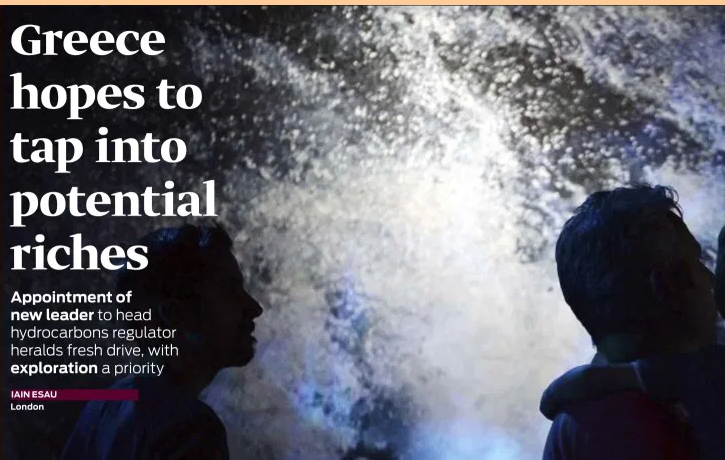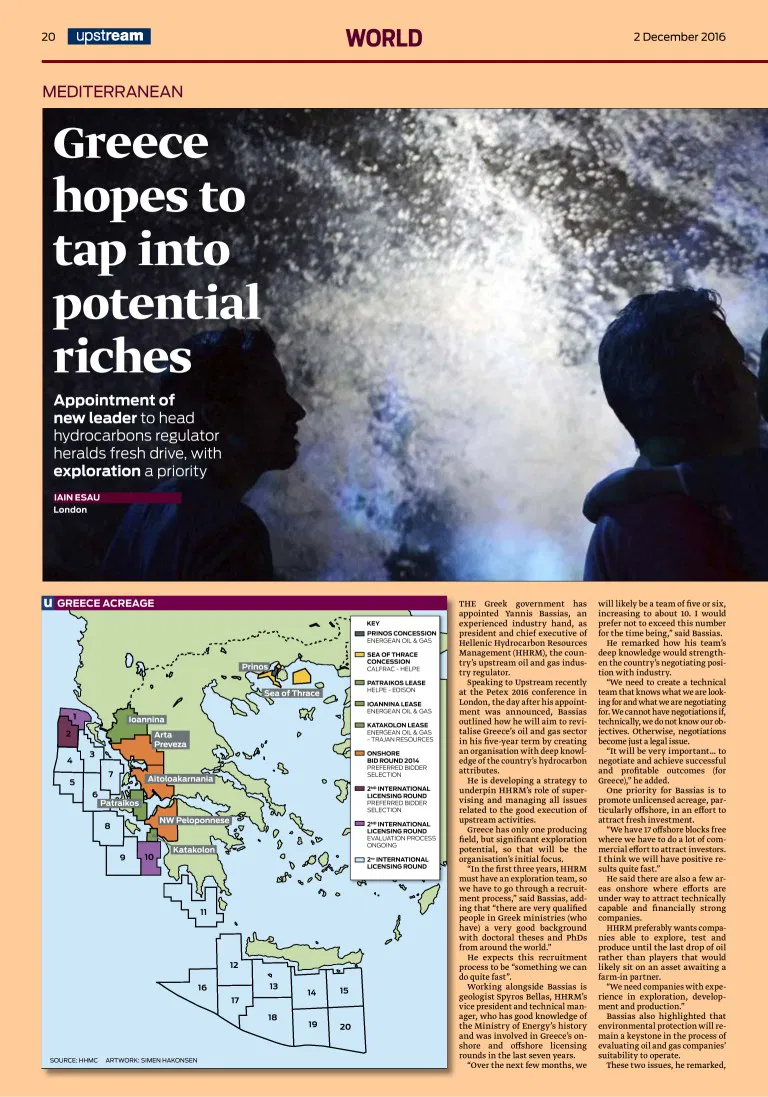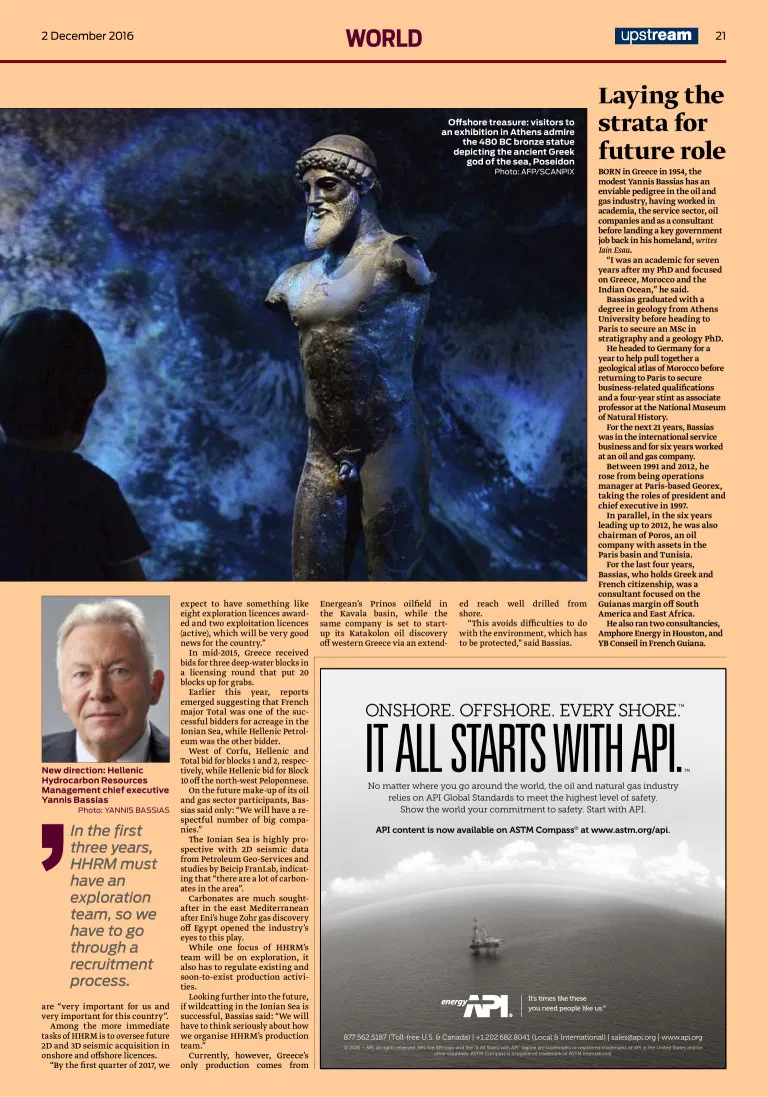Greece does not have the luxury of wasting time. The Eastern Mediterranean will not wait.

In 2019, the signing of the Turkey–Libya memorandum, a seemingly commercial agreement, marked a geopolitical turning point. Through aggressive diplomacy, Turkey claimed maritime zones that directly affect Greek sovereignty. Greece’s response was tepid, lacking international alliances and strategic coordination.
This vacuum of leadership had immediate consequences. Major energy players, Total, Repsol, and ExxonMobil, either withdrew or scaled back their presence in the Greek Exclusive Economic Zone (EEZ). ENI and Asian investors followed suit, discouraged by the absence of a stable regulatory framework and mounting geopolitical uncertainty. Greece lost not only capital, but also credibility in international negotiations.
The erosion of trust between Greece, Cyprus, and Egypt, reflected in stalled submarine cable projects and fragmented coordination, underscores the depth of the challenge. Greece cannot afford to lose any more time. The Eastern Mediterranean is evolving rapidly, and it will not wait.
Meanwhile, Egypt, Israel, and even Libya are repositioning themselves as energy hubs. Submarine cables, interconnectors, and LNG terminals are redrawing the map. Greece must act, not merely react. Strategic coordination with Cyprus and Egypt is essential, but so is a bold, autonomous vision.
Time lost is influence lost. Greece must reclaim its role as a regional anchor, technically credible, diplomatically assertive, and geopolitically indispensable.
"ENERGIA.gr - Interview with Adam Adamopoulos - September 14, 2025" - Yannis Bassias
------------------------------------------------------------------------------------
IT WAS ABOUT LAYING DOWN STRATA (LITERALLY AND FIGURATIVELY) FOR LONG-TERM POSITIONING OF THE COUNTRY
Image from Upstream, 2 December 2016.
The article marked my appointment as head of Greece’s hydrocarbons regulator, tasked with spearheading a renewed exploration drive.
The dramatic water splash and silhouetted figures evoke both mystery and momentum—metaphors for untapped forces, human agency, and the elemental power of the sea.
Published at the close of 2016 under the title “Greece hopes to tap into potential riches,” the piece captured a strategic moment: a timeline of ambition that now overlays the realities of 2025.
What has changed? What stalled? And what is strategically re-emerging?
The end of 2016 marked the Initiation Phase followed by years of inertia and recalibration. Today, a potential resurgence is once again taking shape.

